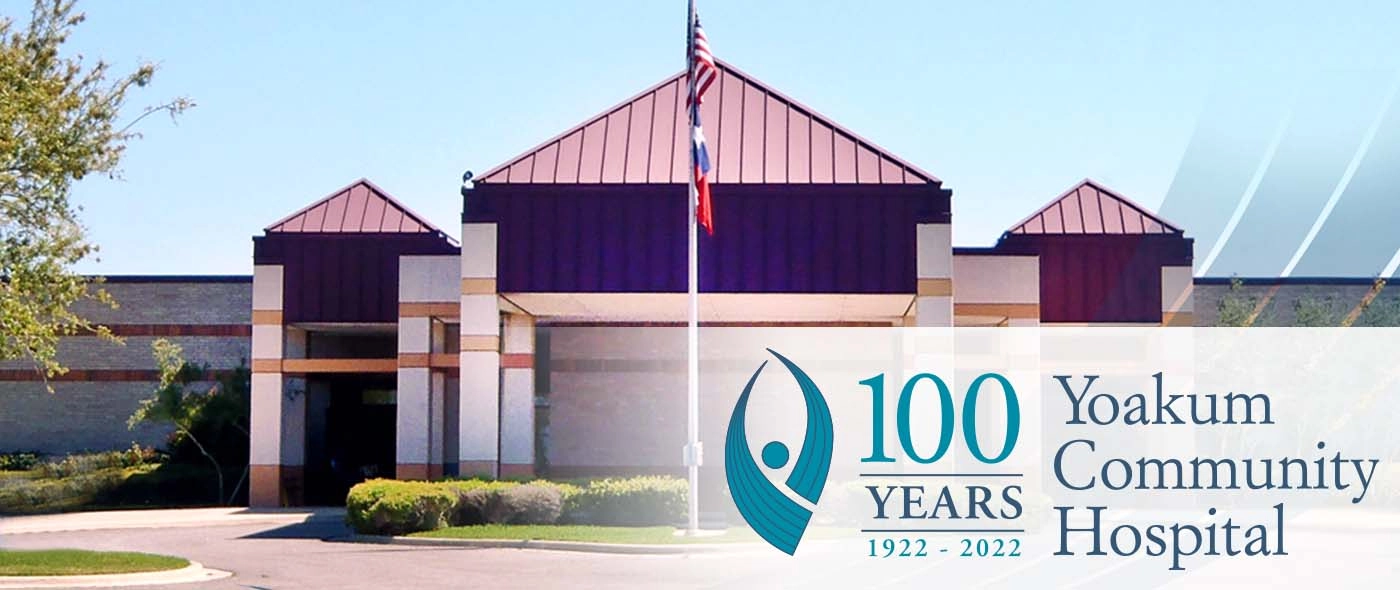Given the unique challenges faced by individuals in high-pressure professions, alcohol use disorder treatment must be tailored to address their specific needs and circumstances. This specialized approach to alcohol use disorder involves several key components:
Confidential and Discreet Treatment Options
One of the primary barriers to seeking addiction treatment for professionals is the fear of stigma or damage to their careers. Confidentiality is paramount in ensuring that individuals feel safe and secure in seeking help. Many treatment centers offer discreet services, including private consultations, inpatient programs with anonymity, and telehealth options that allow professionals to receive treatment without disrupting their work schedules.
Treatment programs designed for high-pressure professionals often include peer support groups where individuals can connect with others in similar fields who understand the unique pressures and challenges they face. These groups provide a safe space for sharing experiences and strategies for managing stress and maintaining sobriety in demanding work environments.
Comprehensive Mental Health Support
Mental health support is a critical component of addiction treatment for high-pressure professionals. The stress, anxiety, and depression that often accompany these professions must be addressed to achieve lasting recovery. Treatment programs that integrate mental health services, such as therapy, counseling, and psychiatric care, can help individuals manage the underlying emotional issues that contribute to substance abuse.
Cognitive-behavioral therapy (CBT) is particularly effective in helping individuals identify and change negative thought patterns and behaviors that fuel addiction. Through CBT, professionals can develop healthier coping mechanisms for dealing with stress and learn strategies for preventing relapse.
Stress Management and Resilience Building
Developing effective stress management skills is essential for professionals in high-pressure roles. Addiction treatment programs often include training in stress reduction techniques, such as mindfulness meditation, relaxation exercises, and time management skills. These practices can help individuals manage the day-to-day pressures of their work without resorting to substances.
Resilience building is another critical aspect of treatment. By fostering resilience, individuals can enhance their ability to cope with adversity, maintain emotional stability, and recover more quickly from setbacks. Resilience training may include workshops on emotional intelligence, problem-solving, and assertiveness, all of which can help professionals navigate the challenges of their careers more effectively.
Reintegration and Aftercare Support
Successful addiction treatment extends beyond the initial recovery phase and includes long-term support for reintegration into professional life. Aftercare programs, such as ongoing therapy, peer support groups, and regular check-ins with treatment providers, are vital for maintaining sobriety and preventing relapse.
For professionals in high-pressure roles, aftercare may also involve career coaching or professional development support to help them rebuild their careers and regain confidence in their abilities. Reintegration programs can provide guidance on managing work-related stress, setting healthy boundaries, and balancing professional responsibilities with self-care.
The Importance of Organizational Support
While individual treatment is crucial, organizations and employers also play a vital role in supporting addiction recovery for high-pressure professionals. Creating a workplace culture that prioritizes mental health, encourages open communication, and provides access to resources such as Employee Assistance Programs (EAPs) can make a significant difference in preventing and addressing substance abuse.
Employers can also implement policies that promote work-life balance, reduce unnecessary stress, and provide opportunities for professional development and wellness programs. By fostering a supportive and healthy work environment, organizations can help reduce the risk of addiction and support employees in maintaining their well-being.
Alcoholism is a significant risk for individuals in high-pressure professions, where the demands of the job can lead to overwhelming stress and unhealthy coping mechanisms. Tailored addiction treatment that addresses the unique challenges faced by these professionals is essential for achieving lasting recovery.
By offering confidential alcohol use disorder treatment options, comprehensive mental health support, stress management training, and reintegration programs, treatment centers can help high-pressure professionals overcome addiction and regain control of their lives. Additionally, organizational support and a healthy workplace culture are key to preventing substance abuse and promoting long-term well-being for all employees.
Keep an eye for more latest news & updates on Glamour Crunch!





